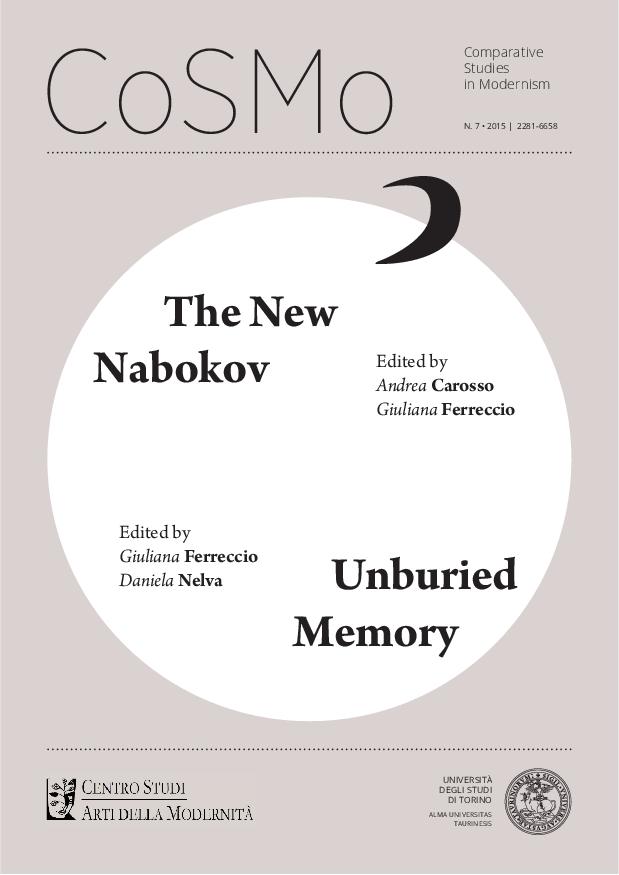Between Psychiatry and Popular Fantasy: Trauma, Ghosts and Revenants in the "New German Domestic Novel"
DOI:
https://doi.org/10.13135/2281-6658/1083Abstract
‘It doesn’t end. Never will it end. It is with this bleak view of recent German history as an ‘infinite loop’ that Günter Grass concludes and reopens his novella Crabwalk, thereby seemingly providing authoritative expression to a leitmotif of the ‘new German domestic novel’: that of the inability to end, the eternal return of the past. Yet the majority of critics and the public understood the intention of most of these authors as an attempt to re-engage emotionally, within the private sphere, with the German past through the memory of – real or fictitious – relatives who became victims of the Second World War in various ways, and thus, at least ‘partially reconciled’ with this past, to be able to shape the present and future of the united Germany. However, it appears that the attempt has left them with the conundrum of the magician’s apprentice: they cannot rid themselves of the ‘ghosts’ that they, literally, called up.Downloads
I dati di download non sono ancora disponibili.
##submission.downloads##
Pubblicato
2015-12-24
Fascicolo
Sezione
Unburied Memory
Licenza
Gli autori mantengono i diritti sulla loro opera e cedono alla rivista il diritto di prima pubblicazione dell'opera, contemporaneamente licenziata sotto una Licenza Creative Commons - Attribuzione che permette ad altri di condividere l'opera indicando la paternità intellettuale e la prima pubblicazione su questa rivista.







